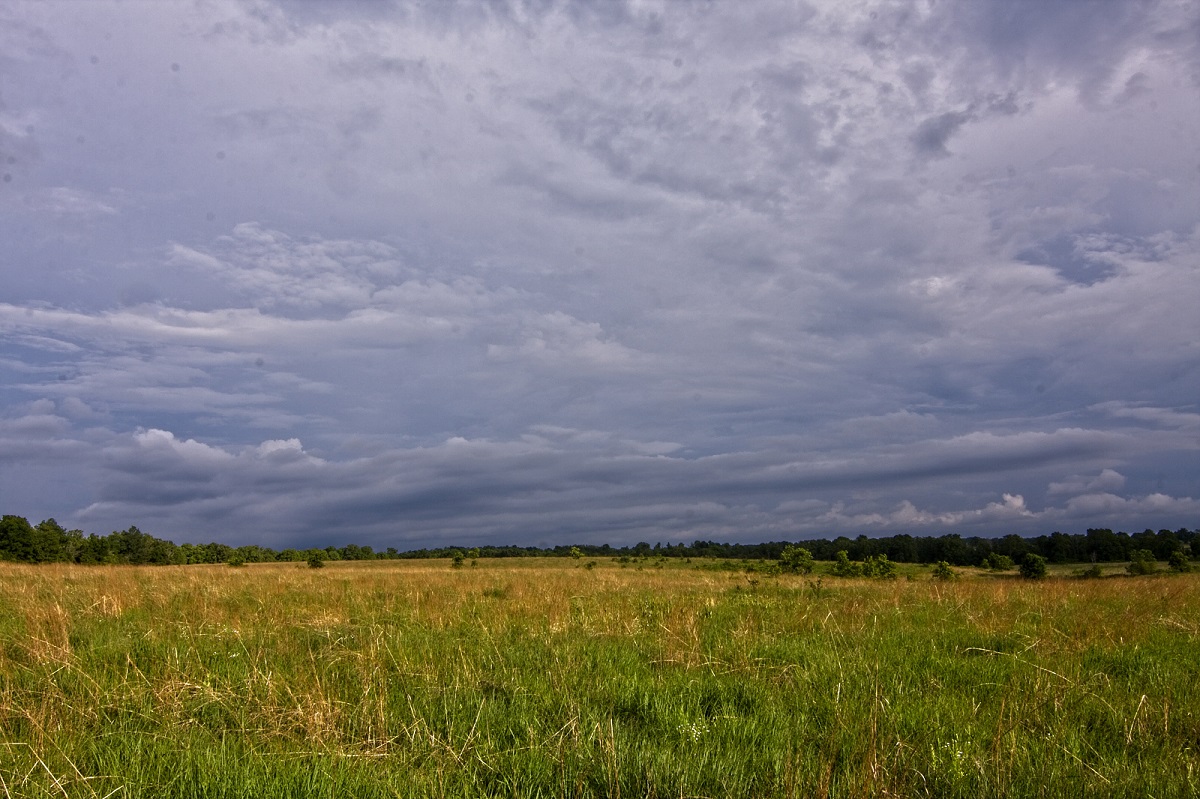 James Braun
James Braun
The Way Home
by DANIEL SABET RASEKH
O SON OF SPIRIT!
I created thee rich, why dost thou bring thyself down to poverty? Noble I made thee, wherewith dost thou abase thyself? Out of the essence of knowledge I gave thee being, why seekest thou enlightenment from anyone beside Me? Out of the clay of love I molded thee, how dost thou busy thyself with another? Turn thy sight unto thyself, that thou mayest find Me standing within thee, mighty, powerful and self-subsisting. — Bahá’u’lláh, The Hidden Words, Part One, No. 13
From time to time, I doubt myself. Don’t we all? We all have flaws and face despair at times or feel that we may not be as capable as we think we are. At those times, we may feel like children who have lost their parents in the middle of a dark woods and have no idea how to find their way home. Fortunately, the path home lies right in front of us; all we need to do is to follow the instructions of a greater guide.
To find the way, we should remember our divine source. In The Hidden Words, Bahá’u’lláh shows us the way. “O SON OF SPIRIT!” — He addresses us in this way to remind us that we are related to the greatest of all spirits: we are part of God. Bahá’u’lláh’s words help us to remember where we come from and why we are here. He tells us that God created us rich, not only in material wealth, but in knowledge, love, and spirit. Why then, Bahá’u’lláh asks us, have we impoverished ourselves? We were made as noble beings; why then do we look down on ourselves, especially when to do so is to deny our true nature?
After chiding us for abasing ourselves, Bahá’u’lláh reminds us that God is the true source of love and knowledge. He is the possessor of infinite knowledge, a knowledge so great that we cannot begin to grasp it. From His great sea of wisdom, we have been given only a drop; still, this drop is enough for us. Why then, the Hidden Word asks us, do we seek “enlightenment” from anyone but God? Why, then, do we not acknowledge the source of truth? Love, kindness, mercy, wisdom — God has an endless supply of these virtues, and He used them to shape us. Yet some still look to His creatures for answers. He wonders: “...why seekest thou enlightenment from anyone beside Me?”
In this Hidden Word, Bahá’u’lláh shows us where we can find God. And the answer is: within ourselves. Instead of searching for our salvation in others, we should turn to ourselves and look closely at our own inner riches. That is where we can find nobility, knowledge, and love. With this awareness, we can discover our true identity, as conferred on us by our divine source, in the virtues with which God has endowed us, virtues He helps us develop as He guides us on our path.
The map to guide us home can be found in The Hidden Words. But the map is not a physical object: it lies within us. It is not something that can be found outside of ourselves and it is not something that can be borrowed from others. We must look within to find it. Hidden Word No. 13 shows us how to find that map. Through self-reflection, the map will be revealed, and once the map is found, the way home will become apparent.

